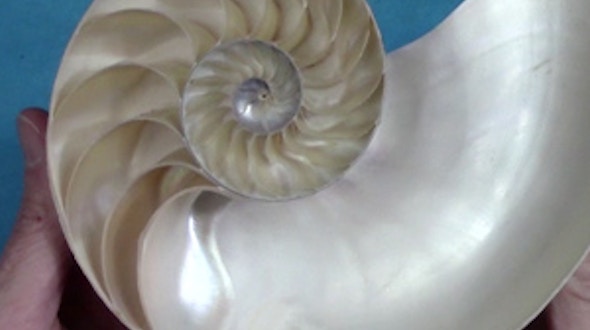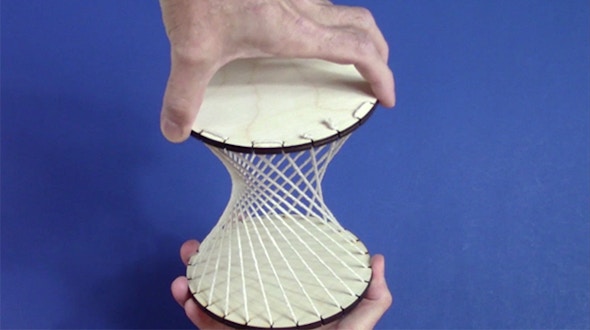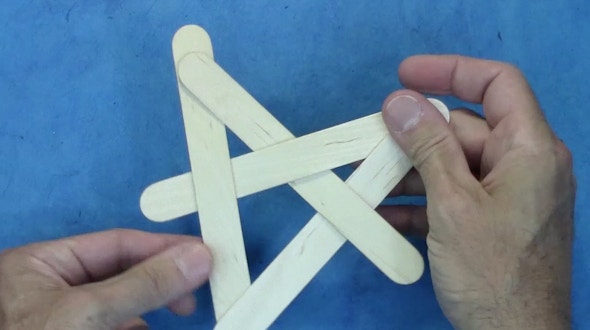Mathematical Impressions: Goldberg Polyhedra
In the 1930s, Michael Goldberg designed a family of highly symmetric spherical forms consisting of hexagons and pentagons. Because of their aesthetic appeal, organic feel and easily understood structure, they have since found a surprising number of applications ranging from golf-ball dimple patterns to nuclear-particle detector arrays.
For more information, see George Hart, “Goldberg Polyhedra,” in Shaping Space, 2nd ed., edited by Marjorie Senechal, 125–138, Springer, 2012.
Related:
More videos from the Mathematical Impressions series.


